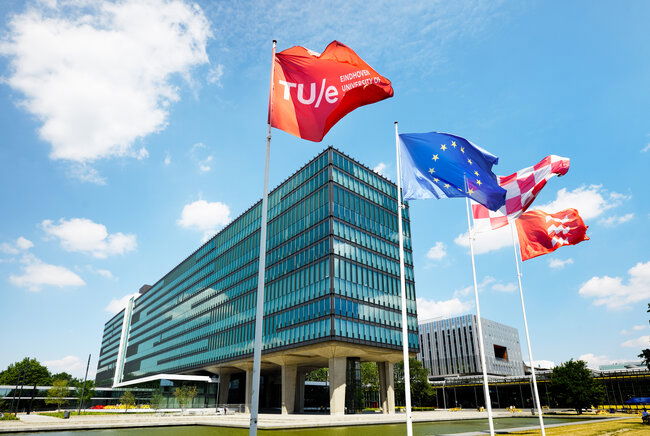How can we solve major issues like climate change, global health, and inequality? A new study reveals that collaboration between various organizations and sectors plays a crucial role. The report, "Ecosystems addressing grand societal challenges: a systematic literature review", highlights the importance of innovation and collective efforts in addressing these challenges.
Complex problems require multiple problem-solvers
According to the study, these challenges are too large and complex for individual organizations to handle alone. Instead, there is a need for mission-oriented innovation ecosystems, where diverse public and private actors work together to achieve shared goals. The success of such initiatives has already been demonstrated, for instance, during the COVID-19 pandemic. Examples like pan-European hackathons and the Open Covid Pledge showcased how collaboration and open innovation can contribute to solving global crises.
Key insights from the study
The research identifies three crucial elements for the success of these ecosystems:
- Joint value creation: Solutions must not only be economically beneficial but also address social and environmental issues. The value created should be distributed fairly.
- Effective governance: Strong governance enhances ecosystem resilience, engages key stakeholders, guides funding flows, and facilitates networking.
- Collaboration among parties: Public and private actors must cooperate, balancing both collaboration and competition, to achieve sustainable solutions.
Future perspectives
While the potential of these ecosystems is promising, gaining more insight into how they create joint value remains essential. The study calls for further research into:
- The role of governance in strengthening ecosystem resilience and fostering stakeholder engagement
- Developing structures and mechanisms to optimize collaboration and integration among stakeholders.








